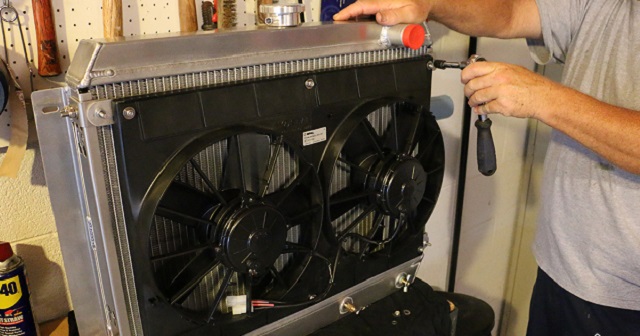
The Sunday News

Lovert Mafukure
Back to our garage tales: The client said his car was boiling! Knowing exactly what he was talking about we ran the engine for a while then switched it off.
Some bubbling action was noticeable and quite audible from the coolant reservoir.
It dawned to me that it is summer and temperatures are soaring. Engines tend to suffer as much as we do in the heat, but some problems just become more apparent as the temperatures rise.
Boiling is a loose term referring to the popping of bubbles in the coolant reservoir. Whenever you see this happening, it means combustion gasses are somehow escaping the combustion chambers and finding their way into the cooling system.
These gases eventually pressurise the cooling system, sometimes to the point of blowing up the radiator top tanks. Some people solve this problem by replacing the plastic tank with a metal one . . . that may not solve the underlying problem though. The correct and logical way to solve the problem would be to sort out the leak then replace the radiator tank.
Oftentimes the boiling is due to a leaking head gasket and sometimes it’s due to a cracked head or block. A gasket leak needs to be sorted as soon as possible because it causes serious damage to the engine as a whole. The type of damage will depend on where the leak is and how bad it is. It can be a leak into the crankcase in which case you will have blue-ish smoke because the engine will suck in oil on the intake stroke, which will get burnt passing out smoke. Excessive blow-by will also be a result of a compression leak into the crankcase. Pressure will be lost on the compression stroke into the crankcase causing blow-by. Ultimately your engine won’t behave as designed and won’t give you as much power.
It can also be a compression leak into the coolant and as is the case here, your car will start boiling and pressurising the cooling system. You may notice a slightly higher temperature reading in the beginning, stages of the leak and overheating will be next thing. You will also experience coolant loss depending on how much of a leak there is on your gasket. If you find yourself having to top up coolant every now and then it’s evident that you have a gasket leak. You would need to be certain that your radiator and hoses are not leaking or you may have a big job done yet it’s just a radiator or radiator hose leak.
A head gasket can also be blown in-between the coolant and oil ports in which case you will start counting down the days your engine will last because oil will be contaminated with coolant and vice versa. When that happens, you will start seeing some milky stuff inside your engine oil cap or even in your radiator.
Some may ask what causes the head gasket to leak. Well, overtime head gaskets get stressed from temperature changes and the constant pressures they are exposed to in-between the cylinder head and sub assembly and give in. The way people treat their cars though has a bearing on how long these components will last. Some people don’t wait for their engines to warm up before they start racing the engine. It’s not good for the engine or its components to race the car when cold. In the long run you will find yourself visiting your mechanic for problems you could have avoided.
Feedback — [email protected] / www.facebook.com/automartzimbabwe



